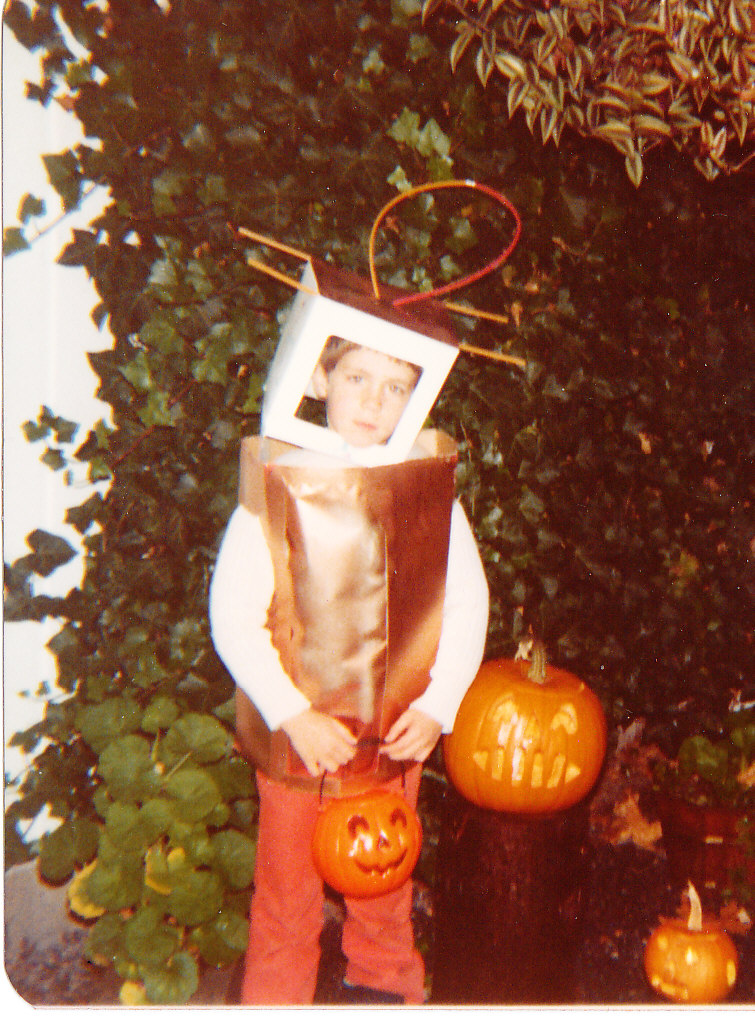…that you’d have a whole week off with nothing to do, did you? (If you did, you haven’t been paying attention!)
Your response to this delayed start to the new year may have been somewhere on the continuum between
and
But, I have to be in school, so you know the drill…
You are about to receive some instructions. Remember that in order to read instructions with clarity, we need to prepare ourselves: remove distractions, external and internal, so that you can read in a calm, friendly, and curious way. Read all the way through, to get a general sense of things, and then reread each part as you do the work.
In truth, there are only two things I’d like you to do in these days leading up to January 10 – I leave the amount of time you put into these two things entirely up to you:
1. Warm up your hand. We are heading into graphic novel work, and you’ll want to get your drawing hand in shape. This can be done in any number of ways, including:
-
- drawing circles without a compass and not getting uptight when they don’t look perfect
- drawing straight lines without a ruler
- drawing a rectangle and then halving the rectangle (no rulers!) and then halving that space and halving that space, and so on, until you cannot go any further
- drawing the alphabet, slowly and precisely, all upper case and then all lower case, over and over and over, maintaining a sense of relaxed awareness
- copying images from Dazzler and/or Dazzler covers
- copying anything from Lynda Barry’s tumblr page
- copying faces from old high school year books
- copying this photo of Prof. Pai Mei as an adorable Halloween robot:

- copying any- and everything!
Also, spend at least 45 minutes coloring your House on Fire drawing, preferably with pencil crayons (if you have some at home – they don’t have to be the same colors you were using). Remember Lynda Barry’s instructions: spend time on it; try overlapping colors; use this as an exploration of color – what are you learning while you do it? You will use this learning in our graphic novel. See below for some ideas of what you do while you color.
2. Personal inquiry into MINDSET in general and CLARITY in particular. We’ve done a lot of work here already, and you’ve had a lot of warning that “we will be doing something with this!” We will start that “something on Monday. I’d like you to be ready for it.
We shall not cease from exploration
And the end of all our exploring
Will be to arrive where we started
And know the place for the first time.
~ T.S. Eliot, Four Quartets
Consider the exploration we have already engaged in:
- the notes you took on all the videos in the Mindset pages on this blog, and the discussions we’ve have about them in class
- notes taken while watching The Mind of a Chef, particularly the one’s that we related to mindset, such as “Get close to your opponent and dig the feeling” and the whole concept of ugly-beautiful and the perfectly imperfect, the perfectly “bent”
- your personal exploration into Taoism and the group work you did translating one of the verses from the Tao Te Ching
- discussions during our reading of A Wizard of Earthsea and the brainstorming you did in your comp book (if you were an obedient child) about the relevance of its content (how what we read matters to you and your life, how it might be useful to you, how it might have changed the way you think about yourself and others and the world)
- notes taken while reading Jeff Warren’s “Core Skills of Meditation and Practice“
- notes taken after meditations
- other things I can’t think of right now because I am old and tired – look in your comp book!
If you are looking in your comp book and noticing that your notes on these things are, well, a little thin, use these next few days to dive back in and beef things up. (For reals.)
For everyone, spend some time with those notes and start to look for patterns and connections and “A-ha!” moments. Write those ideas down.
Consider, too, some of the less explicit learning we have done:
- Clarity of communication in writing: what tools do we have at our disposal to help the reader get as close as possible to seeing and experiencing things as we have seen and experienced them? And what gets in the way of clarity when writing?
- Clarity of visual communication: in areas such as Math and Art and note-taking, what tools do we have at our disposal that can help make our thinking clear? What gets in the way of visual clarity?
- Clarity of oral communication: what have you noticed helps make thinking clear when speaking in class discussions, Socratic Circles, partner work, group work, and when delivering political speeches? What causes you to become less clear when sharing ideas? What have you noticed about other people and what makes their ideas particularly clear or unclear?
- What does it mean to listen with clarity?
- What does it mean to see with clarity? What is True Seeing?
- What does clarity look like in PE, as an individual and as a member of a team?
- Inner clarity – how do you know what you’re feeling? How do you knowing what you are thinking is true? How do you know if your experience at any given moment is subjective (true perhaps only from your point of view) or objective (true to an outside observer)?
- What does clarity look like relationally (between you and other people)? What does all of this look like in your social life?
These are all things that you can spend some time sitting with and recording thoughts about in your comp book. Avoid full sentences! Consider a web, or a mindmap, or sketchnotes (if you have that ability). Regardless, aim for thoroughness.
There are a few other things I’d like you to do, too.
1. Get your Burnaby Public Library card (or borrow your parent’s, and if no one has one, see if your parents can help you sign up for one!) and click here.
This will take you to the Oxford English Dictionary, which is the Grandaddy of all dictionaries.
Enter “clarity” in to the search window.
Spend some time with the definitions.
Then, go to the top-ish right of the page and click “Historical Thesaurus,” and then enter “clarity” into that search window.
Spend some time exploring this page – click on the red “clarity” in each result and explore the page that comes up. Make note of the synonyms (words that have the same or similar meaning to clarity) that appeal to you and/or that help change the way you think about the word “clarity.”
Spend time on this activity.
2. Explore a couple of the CEC newsletters. Each one contains an article written by one of the CEC instructors, exploring ideas that are directly related to mindset. Choose at least two to explore and use as a resource to add to your notes.
Please note that some of these articles may contain mature language and themes (nothing beyond what is covered in your Mature Reads permissions). Know yourself and know your family’s values: if you find yourself engaging in something that makes you uncomfortable or that you know would go against your family’s wishes, make another choice.
And then there are some optional ways to extend your thinking with this preparation, if you so wish.
Jeff Warren, cofounder of the CEC, talks about clarity here:
And then he leads a meditation (25 minutes!) around the idea, and then, at around the 40:40 mark answers some viewer’s questions.
And then he digs into clarity, in explicit and implicit ways, here:
And then he leads another mediation.
There are different ways of engaging in those videos:
- just listen to/watch the intro and closing discussions
- do the whole thing and try doing the mediation
- do the whole thing while you do your House on Fire coloring and take notes as they occur to you
- do the whole thing and draw your experience, adding notes (words) to the drawing as you go along
You could also try the same with this.
You might also consider continuing your exploration of the Tao Te Ching. Find an online source and explore some of the verses.
You could draw/note (or color your House on Fire) while listening to Obi Wan Kinobi read T.S. Eliot’s incredible poem, Four Quartets (warning: it may blow your mind):
Two Other Things:
1. Please make sure you know how to check your Outlook email (your school email account).
2. D&D Club (this is testing to see if you have actually read this entire post!):
If you are interested in possibly being part of the after-school D&D club, please send me an email, letting me know what your availability is on the following days of the week, from 3:00 to 5:00 p.m.: Tuesdays, Wednesdays, and Thursdays. Your email will tell me which days you are available on – please remember email etiquette when composing your message.
We will choose one of the above days of the week for the club to meet on, after I get a sense of people’s availability.
Things to note:
- The club will be limited to 6 people and priority will go to grade 7s as this is their final year.
- Members of the club will serve as DMs when/if we play in Term 3. This is a big responsibility that requires lots of extra work in terms of prep time, on top of regular school work. Ask yourself if you are ready for that. (We will also need two more students to serve as DMs, so if that is interesting to you but you are not available for the club, don’t worry).
- You must have your parents permission to join the club (you will need to be picked up at 5:00 p.m. on session days). Once we have settled on a day, a permission form will go home.
- Being in the club means taking on leadership responsibilities, and if you do not consistently demonstrate taking care of those responsibilities, you might be asked to leave the club. This means doing your homework. If you neglect homework during the week, you will be asked to not attend the club the following week. It this happens more than twice, you will be asked to leave the club and forfeit your right to be a DM in Term 3.
Looking forward to seeing you all soon. The classroom is very empty, with only Bruce Lee here to keep me company. He’s so… quiet…
PS: when you see this, please send up some smoke signals on Discord, alerting others as to its presence!


